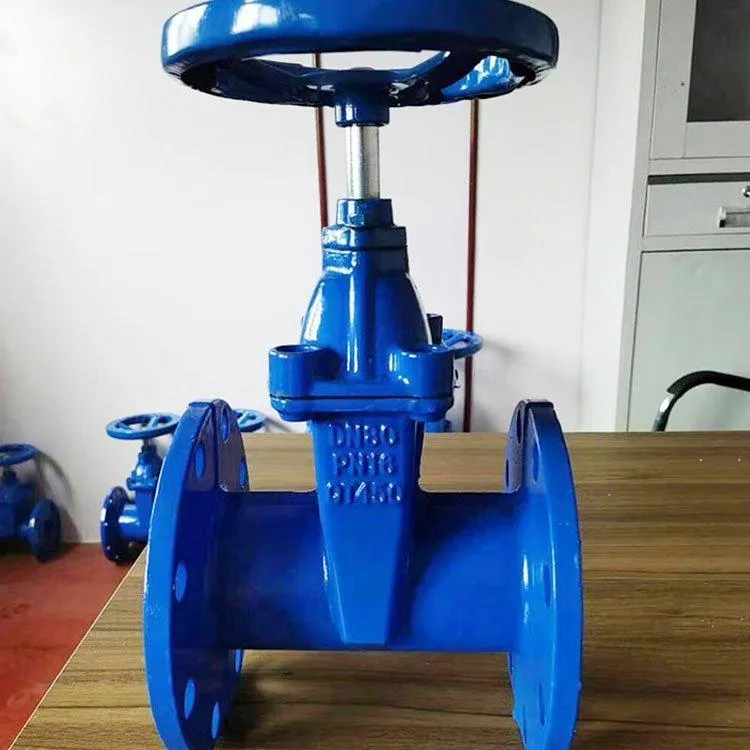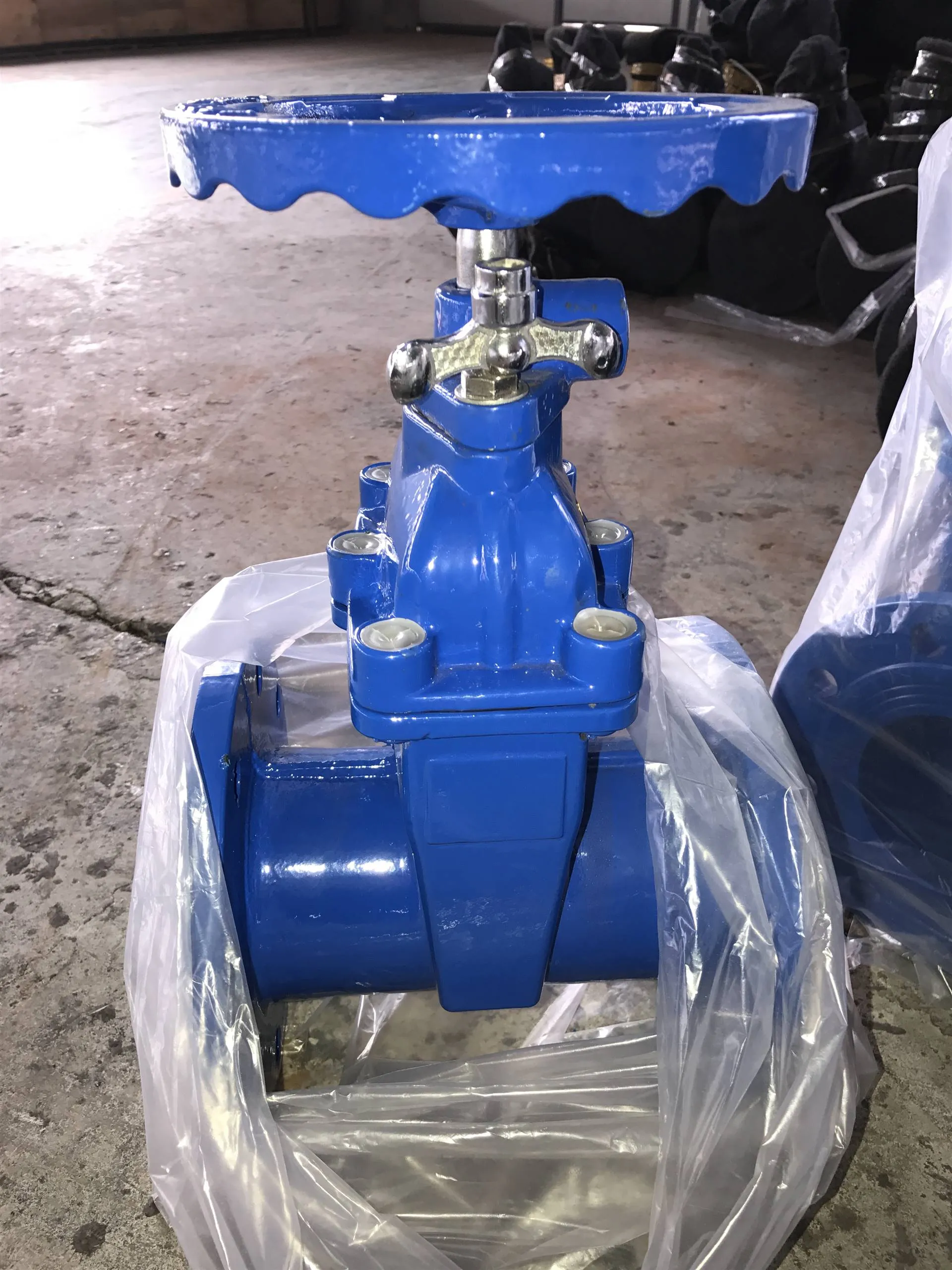Aug . 20, 2025 11:42 Bumalik sa listahan
Gate Valve Types: Understanding the Options for Your Pipeline Systems
Gate valves are a critical component in various piping systems, used to start or stop the flow of liquid or gas. Known for their durability, low-pressure drop, and ability to provide a tight seal, gate valves are ideal for a wide range of industrial and commercial applications. With several gate valve types available on the market, choosing the right one for your specific system is key to achieving optimal performance and efficiency.

Exploring Different Types of Gate Valves
There are several different types of gate valves designed for specific conditions, materials, and pressure requirements. The most common types include:
Rising stem gate valve: Offers visual indication of valve position.
Non-rising stem gate valve: Ideal for areas with space limitations.
Wedge gate valve: Commonly used for water, steam, and oil.
Parallel slide gate valve: Suitable for high-pressure environments.
Each of these gate valve types plays a specific role in industrial and municipal systems. Understanding the differences allows engineers and procurement professionals to select the best match based on flow requirements, pressure ratings, and installation space.
Benefits of a Soft Seal Gate Valve
A soft seal gate valve uses an elastomer material (like rubber or EPDM) to ensure a better sealing performance compared to metal-seated valves. This type of valve is ideal for systems that handle clean water, sewage, or other fluids where leakage must be minimized. The soft seal gate valve also provides quieter operation and lower torque requirements, making it an excellent choice for water distribution and wastewater treatment applications.
One of the main advantages of using a soft seal gate valve is its ability to absorb shock, making it resistant to pipeline vibration. Additionally, its anti-corrosion properties result in a longer operational life, especially in moist or chemically active environments.

Sizing and Selecting the Right Flanged Gate Valve
Proper valve sizing ensures efficient flow control and minimal energy loss. For example, a 1 flanged gate valve is typically used in residential or light industrial systems where moderate flow control is needed. On the other hand, a 1 1/2 flanged gate valve (or 1 1 2 flanged gate valve) offers a larger passage for flow and is suitable for more demanding applications such as fire protection systems, HVAC pipelines, or larger water mains.
Flanged gate valves provide strong and leak-resistant connections, especially for high-pressure systems. Their flanged ends make installation and maintenance easier, as the valves can be removed without disturbing the surrounding pipeline.
When looking for reliable gate valves sale, ensure the supplier offers products that meet international standards (such as ANSI, DIN, or JIS) and have been tested for pressure resistance and durability.
Understanding the many gate valve types is crucial for engineers and buyers in industries ranging from waterworks and oil & gas to power generation and chemical processing. Whether you need a high-performance soft seal gate valve, a compact 1 flanged gate valve, or are simply browsing options in a gate valves sale, there is a solution designed to meet your specific operational needs. By choosing the right valve size, material, and type, you ensure system efficiency, reduce downtime, and extend the service life of your infrastructure.
-
Flanged Gate Valve: A Reliable Choice for Industrial and Municipal SystemsBalitaAug.20,2025
-
Soft Seal Gate Valve: A Modern Solution for Reliable Pipeline ControlBalitaAug.20,2025
-
Gate Valve Types: Understanding the Options for Your Pipeline SystemsBalitaAug.20,2025
-
Y Type Strainer: Essential for Clean and Efficient Flow SystemsBalitaAug.20,2025
-
Cast Iron Y Strainer: Durable Solutions for Demanding ApplicationsBalitaAug.20,2025
-
Flanged Y Strainer: An Essential Component in Industrial Filtration SystemsBalitaAug.20,2025
Kaugnay na Mga Produkto









